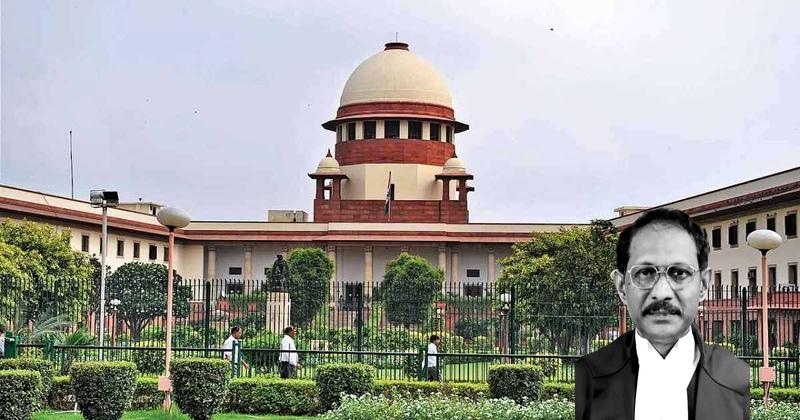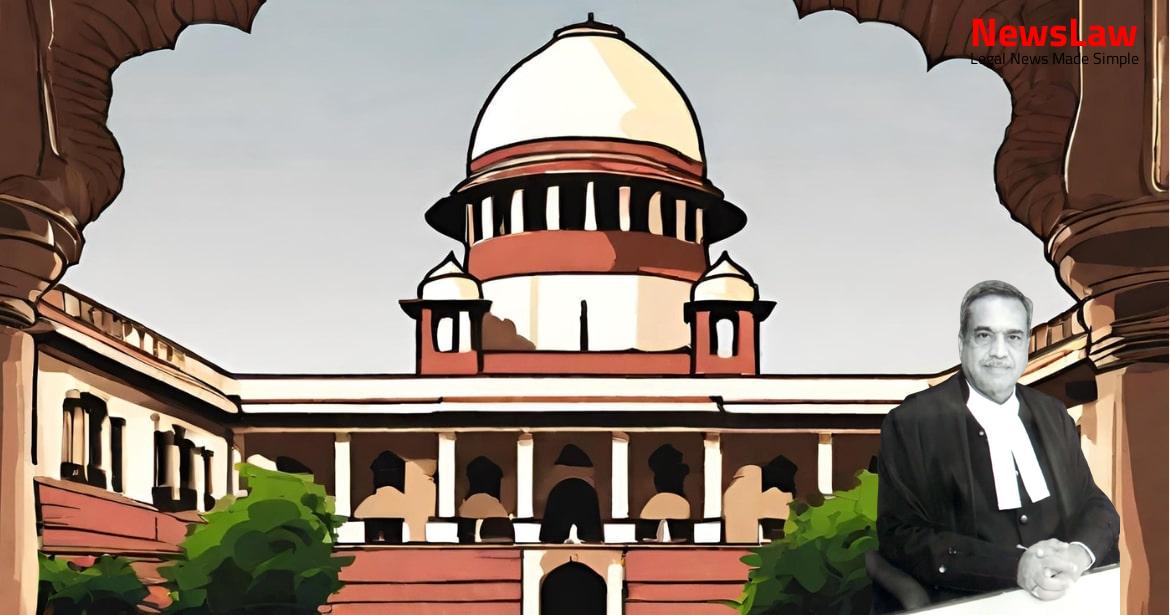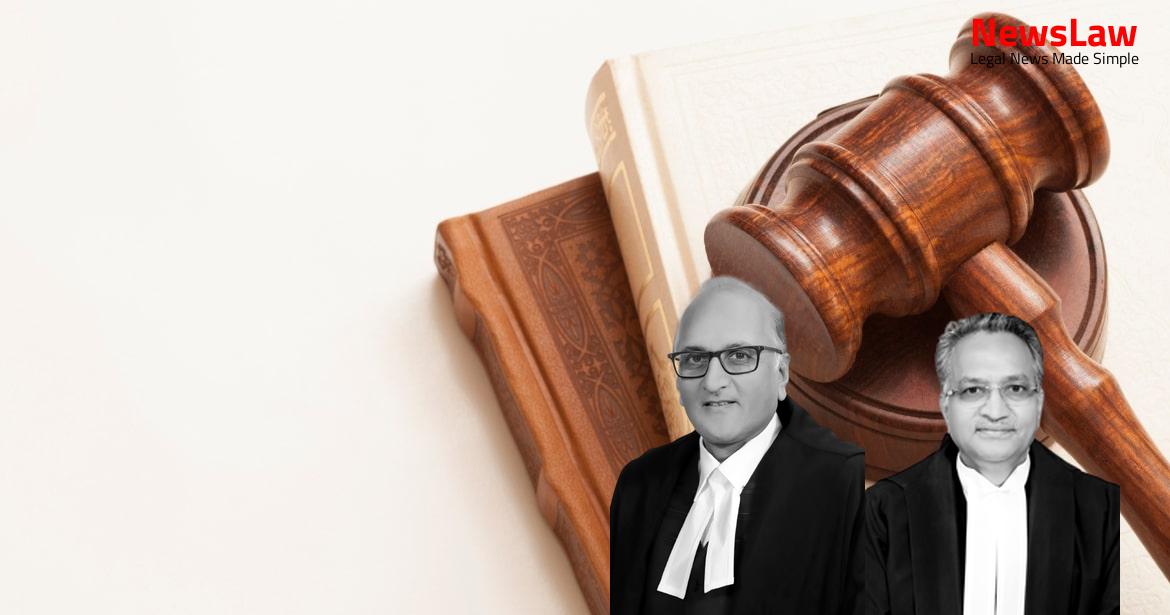That respondent herein – original accused was driving a Scorpio Car rashly and negligently, due to which one person died while over taking the ambulance from the left side. 1
Also Read: https://newslaw.in/case-type/civil/c-a-no-003481-003481-2022/
Against the impugned judgment and order passed by the High Court by which the High Court has reduced the sentence to eight months for the offence under Section 304A of IPC, the State of Punjab has preferred the present appeal. It is submitted that while reducing the sentence the High Court has not properly appreciated and/or considered the manner in which the accused committed the offence. While opposing the present appeal Shri Aftab Ali Khan, learned counsel appearing on behalf of the respondent – accused, appointed by the Supreme Court Legal Aid Committee, has submitted that when considering the mitigating circumstances the High Court has reduced the sentence to eight months on a prior deposit of Rs. However, by the impugned judgment and order, the High Court has interfered with the sentence imposed by the learned Trial Court affirmed by the learned Sessions Court and has reduced the sentence from two years to eight months. However, the High Court has not properly considered that because of the rash and negligent driving on the part of the accused one innocent person died and two persons who were travelling in the ambulance sustained injuries.
2 At this stage, the decision of this Court in the case of Saurabh Bakshi (supra), in which this Court was considering the offence under Section 304A of IPC is required to be referred to. It can never be forgotten that the purpose of criminal law legislated by the competent legislatures, subject to judicial scrutiny within constitutionally established parameters, is to protect the collective interest and save every individual that forms a constituent of the collective from unwarranted hazards.
It is the obligation of the court to constantly remind itself that the right of the victim, and be it said, on certain occasions the person aggrieved as well as the society at large can be victims, never be marginalised. It is observed and held as under:-
“Needless to say, the principle of sentencing recognises the corrective measures but there are occasions when the deterrence is an imperative necessity depending upon the facts of the case. The poor feel that their lives are not safe, the pedestrians think of uncertainty and the civilised persons drive in constant fear but still apprehensive about the obnoxious attitude of the people who project themselves as “larger than life.” In such obtaining circumstances, the lawmakers should scrutinise, relook and revisit the sentencing policy in Section 304-A IPC, so with immense anguish.”
Also Read: https://newslaw.in/case-type/civil/acquisition-of-land-and-deemed-lapse-under-the-act-2013/
In the case before this Court, the learned Trial Court while convicting the accused for the offence under Section 304A sentenced the accused to undergo two years RI. We are of the opinion that the trial court has not committed any illegality in passing the order of conviction and in the appeal preferred by the accused findings of the trial court were affirmed. [(1994) 2 SCC 220 : 1994 SCC (Cri) 358] this Court held as under: (SCC p.
Of course, it is not possible to lay down any cut and dry formula relating to imposition of sentence but the object of sentencing should be to see that the crime does not go unpunished and the victim of crime as also the society has the satisfaction that justice has been done to it. Justice demands that courts should impose punishment befitting to the crime so that the courts reflect public abhorrence of the crime.
The benchmark of proportionate sentencing can assist the Judges in arriving at a fair and impartial verdict.” This Court further observed that: ( Hazara Singh case [(2013) 9 SCC 516 : (2014) 1 SCC (Cri) 159], SCC p. Friedman in his Law in Changing Society stated that: ‘State of criminal law continues to be—as it should be —a decisive reflection of social consciousness of society.’ Therefore, undue sympathy to impose inadequate sentence would do more harm to the justice system to undermine the public confidence in the efficacy of law and society could not long endure under such serious threats.
It is expected that the courts would operate the sentencing system so as to impose such sentence which reflects the conscience of the society and the sentencing process has to be stern where it should be. The court must not only keep in view the rights of the victim of the crime but also the society at large while considering the imposition of appropriate punishment. Bablu
[(2014) 9 SCC 281 : (2014) 6 SCC (Cri) 1], after considering and following the earlier decisions, this Court reiterated the settled proposition of law that one of the prime objectives of criminal law is the imposition of adequate, just, proportionate punishment which is commensurate with the gravity, nature of crime and the manner in which the offence is committed.
Also Read: https://newslaw.in/case-type/civil/taxation-of-engineering-design-drawings-goods-or-services/
4 Applying the law laid down by this Court in the case of Surendra Singh (supra) to the facts of the case on hand, the impugned judgment and order passed by the High Court interfering with the sentence imposed by the learned Trial Court confirmed by the First Appellate Court by showing undue sympathy to the accused is unsustainable and the same deserves to be quashed and set aside.
Case Title: THE STATE OF PUNJAB Vs. DIL BAHADUR (2023 INSC 307)
Case Number: Crl.A. No.-000844-000844 / 2023



